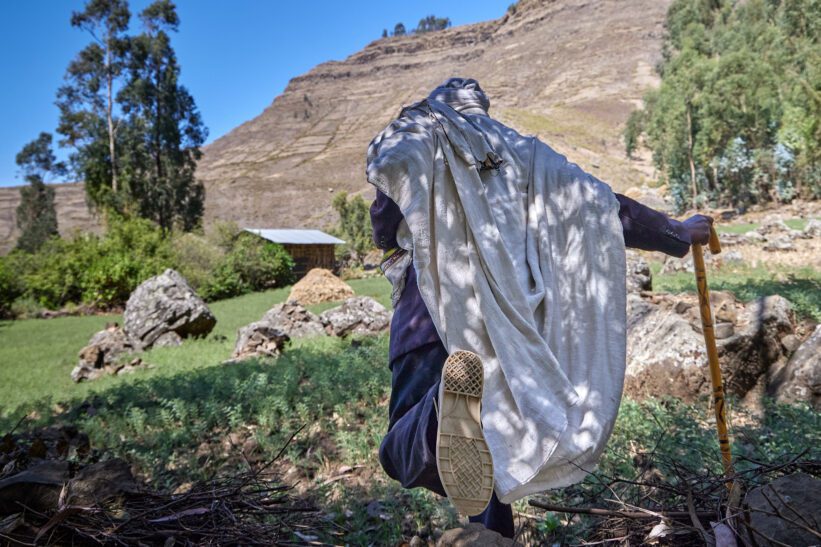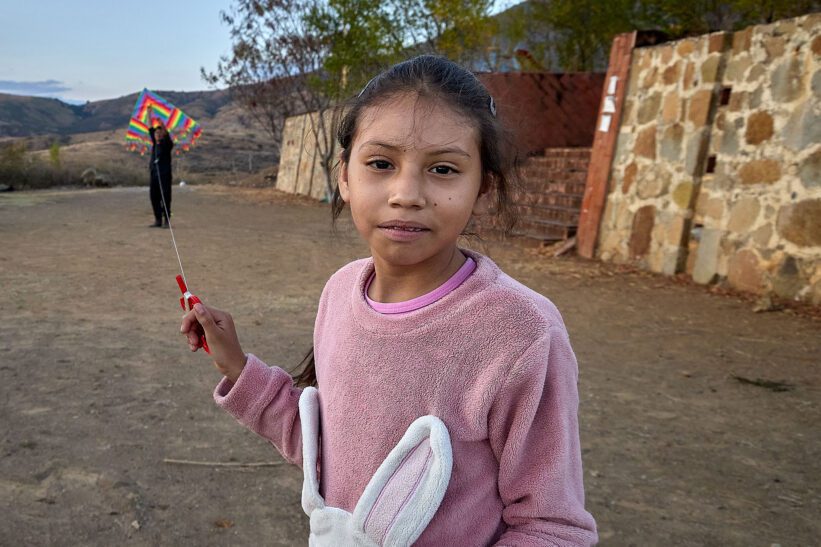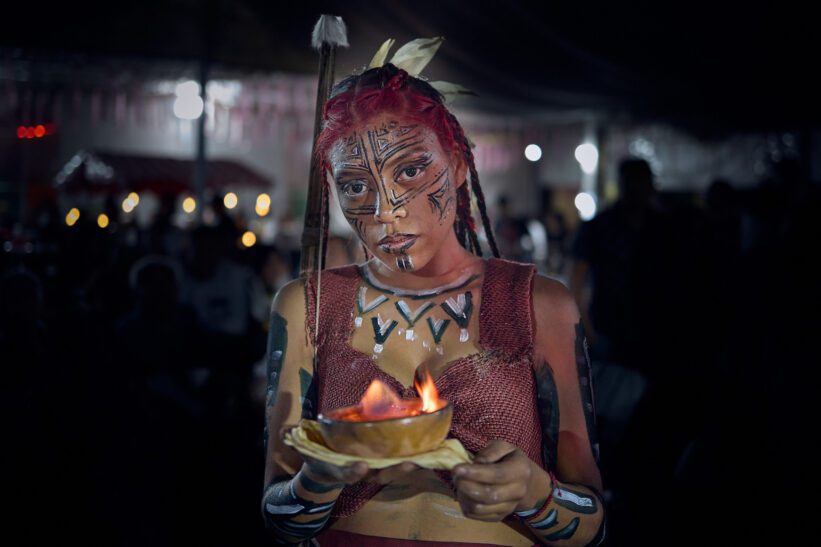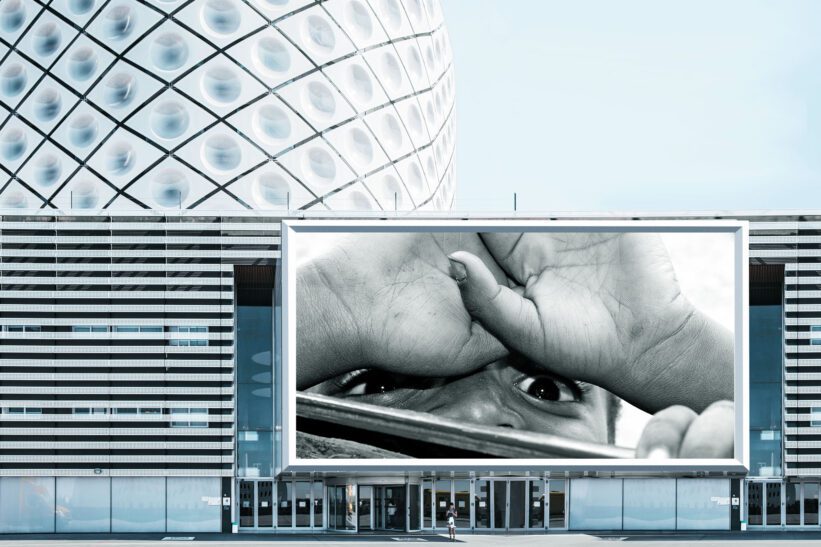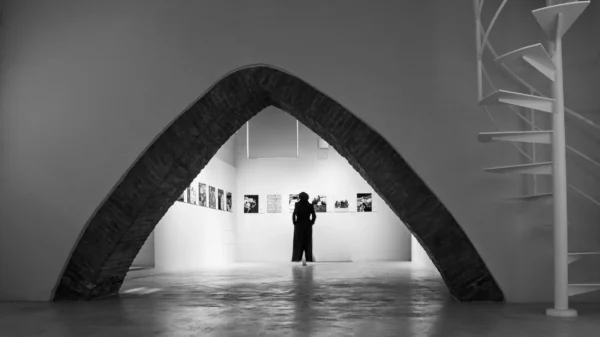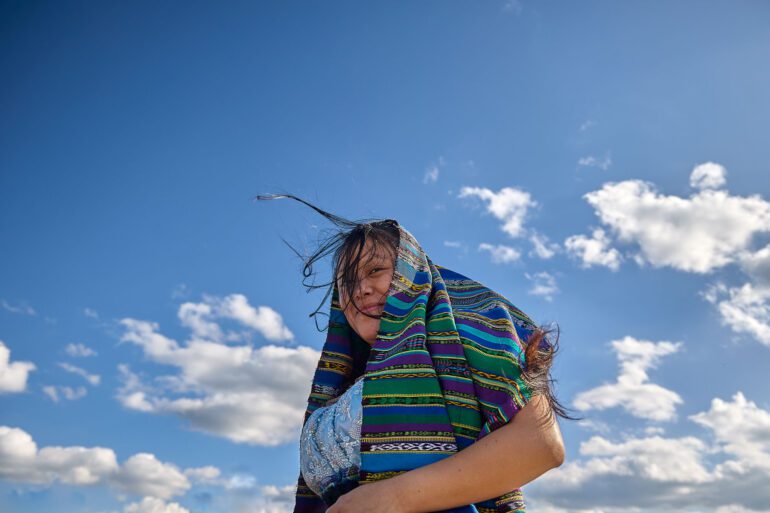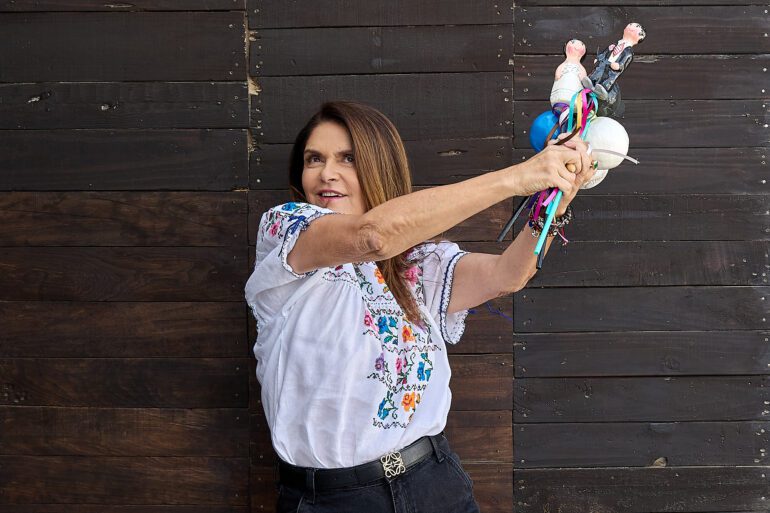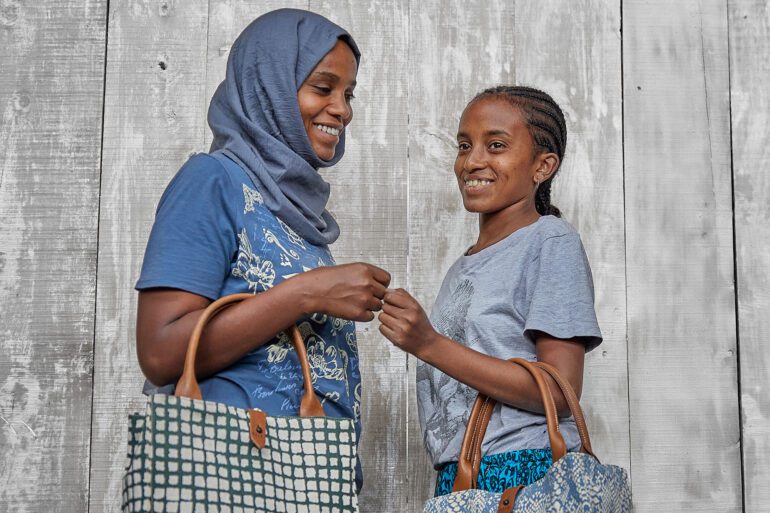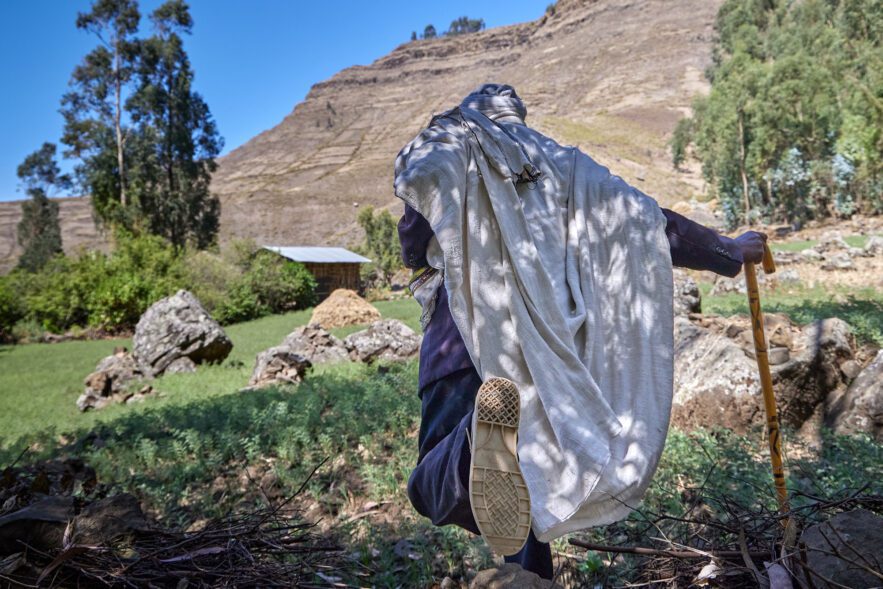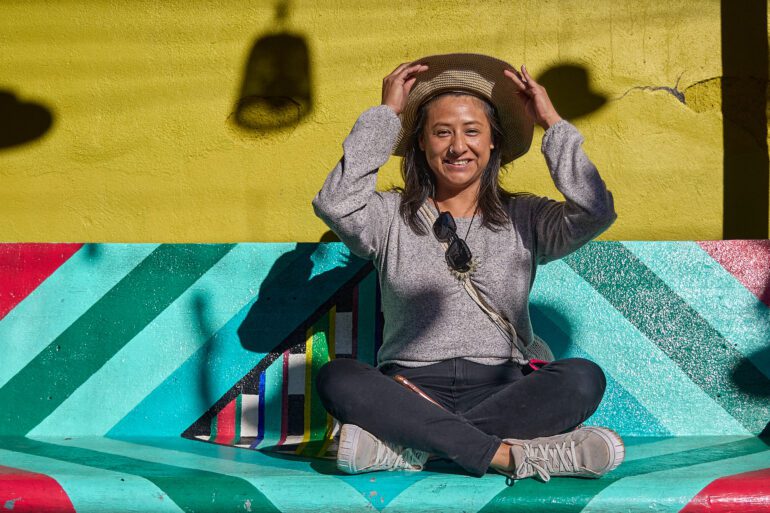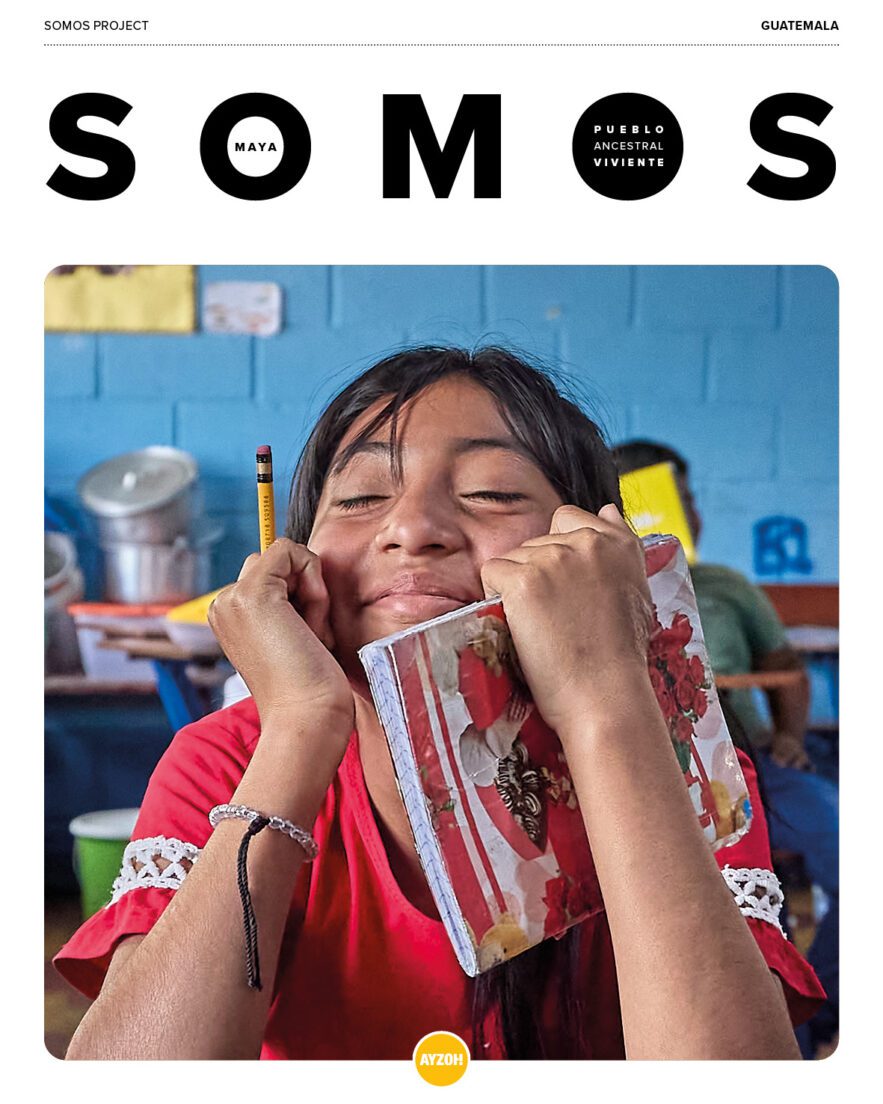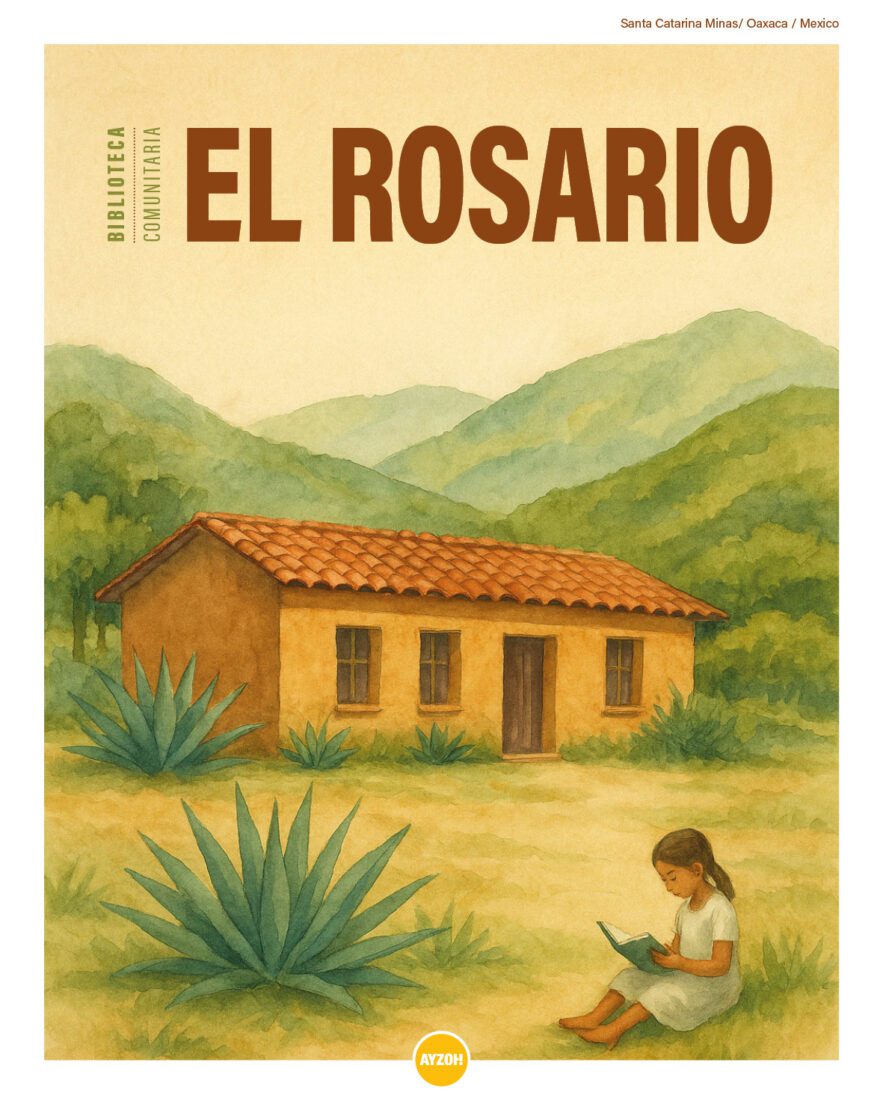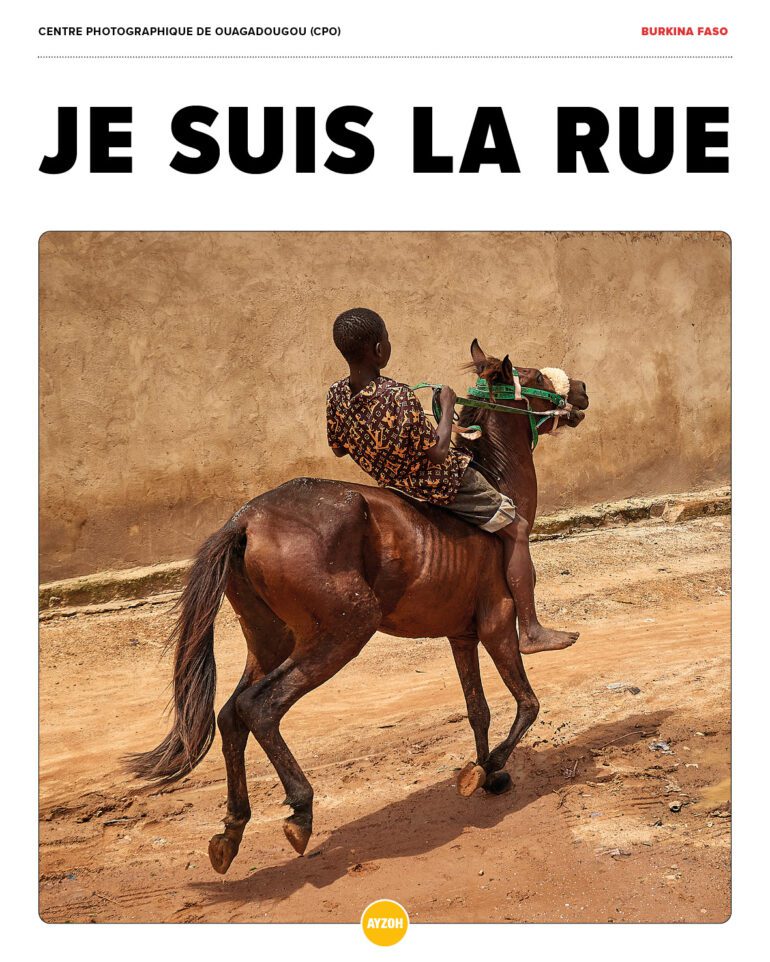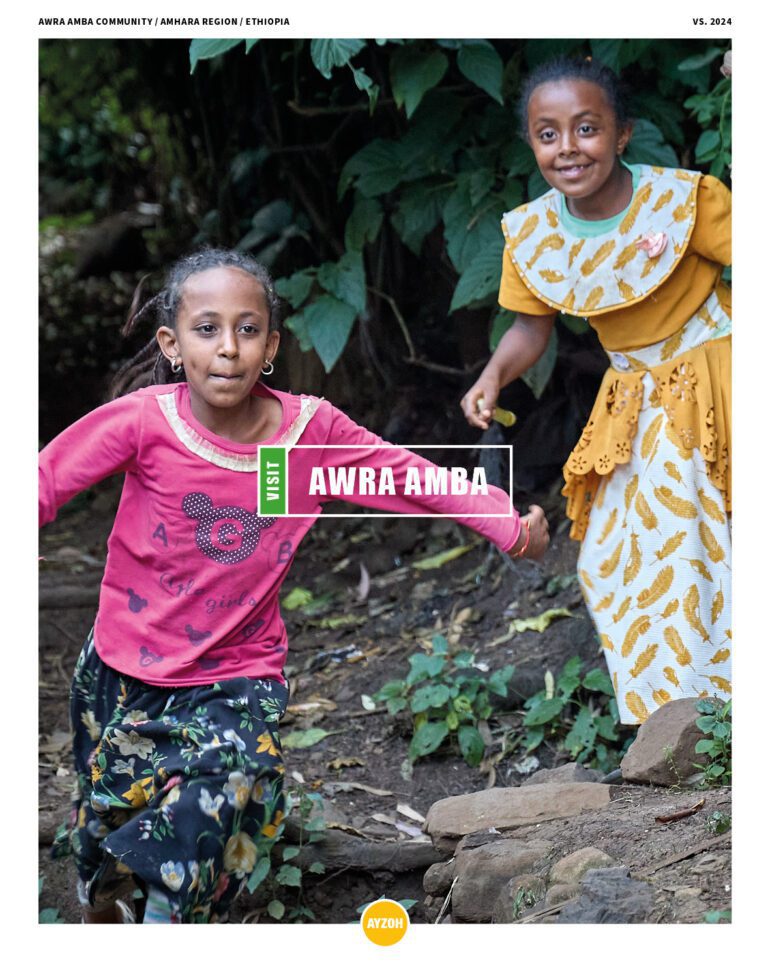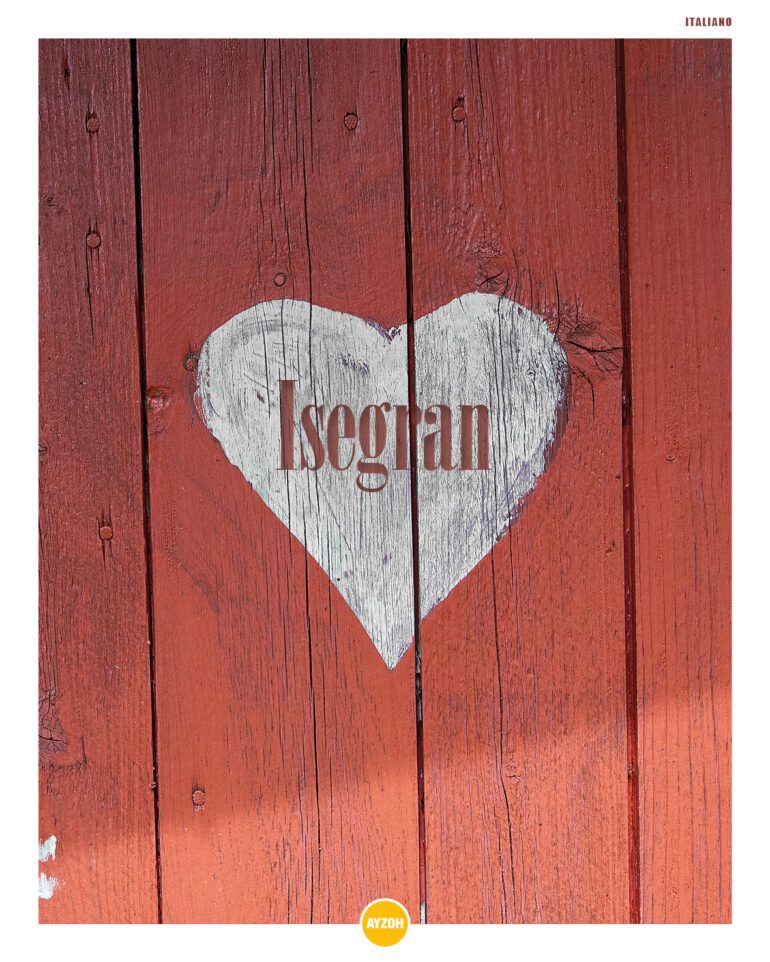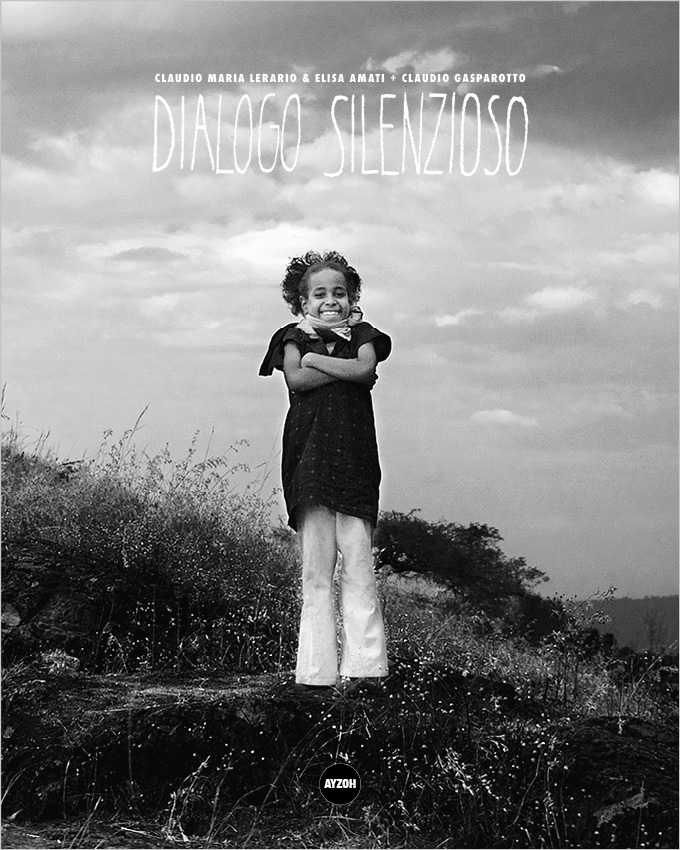In the southern Ethiopian city of Hawassa, something unexpected is taking shape behind prison walls. Through a partnership between Ayzoh! and the local organization Harrisho, a small but powerful project has begun to redefine the role of incarceration—turning it from punishment into possibility.
Here, prisoners learn to craft handmade goods that are sold in hotels and resorts across the region. The income generated is split equally, and every participant has a personal bank account. From there, they can withdraw money to cover personal needs or send support to their families on the outside.
It’s a simple idea with profound consequences: a space where inmates are no longer seen only as offenders, but as workers, parents, sons, and daughters. In collaboration with these prisoners, Ayzoh! also created a book—That Shadow Behind Us. The photographs, taken by Claudio Maria Lerario, were carefully selected by the inmates themselves.
Genesis of the Book
When Rita Zuccato, the founder of Harrisho, asked us to document their work and support their communication efforts, we saw a rare opportunity: a chance to look into one of Ethiopia’s hidden realities, to listen to voices seldom heard, and to legally bring our cameras into a space where photojournalists are usually barred from working.
Historically, prison life in Ethiopia has been (and in some places still is) bleak and, particularly for political prisoners, extremely harsh. The so-called rehabilitation process often involved physical punishment, exhausting labor, and militarized discipline. Prisons have always mirrored the soul of a country. In Ethiopia — as in much of Africa — that reflection is changing rapidly, though not without contradictions.
Even within the prison system, change is underway.
There is a growing awareness that building more prisons doesn’t reduce crime. Nor does it rehabilitate people whose offenses are often rooted in poverty—petty theft, lack of opportunity, desperation. Many of these inmates are young. And many will return to society one day. What they need is not punishment, but opportunity.
Across Ethiopia, a shift is taking place: slowly, some prisons are moving away from the brutality of the past and becoming places of growth. In these new models, prisoners are offered access to education, vocational skills, and income-generating work. It’s not perfect. But it’s a start.
The Hawassa initiative is one such example. Here, craftwork becomes a form of agency. Through their labor, prisoners contribute not only to their own well-being but also to the social fabric beyond the prison walls.
There is a saying: “The degree of civilization in a society can be judged by entering its prisons.” In Ethiopia, this truth is beginning to take hold. The line between punishment and dignity is being redrawn—slowly, quietly, but with determination.
That Shadow Behind Us is not just a book. It’s a gesture. A reflection. A collective act of reclaiming space—physical, emotional, and symbolic—by those who are so often left behind.
















